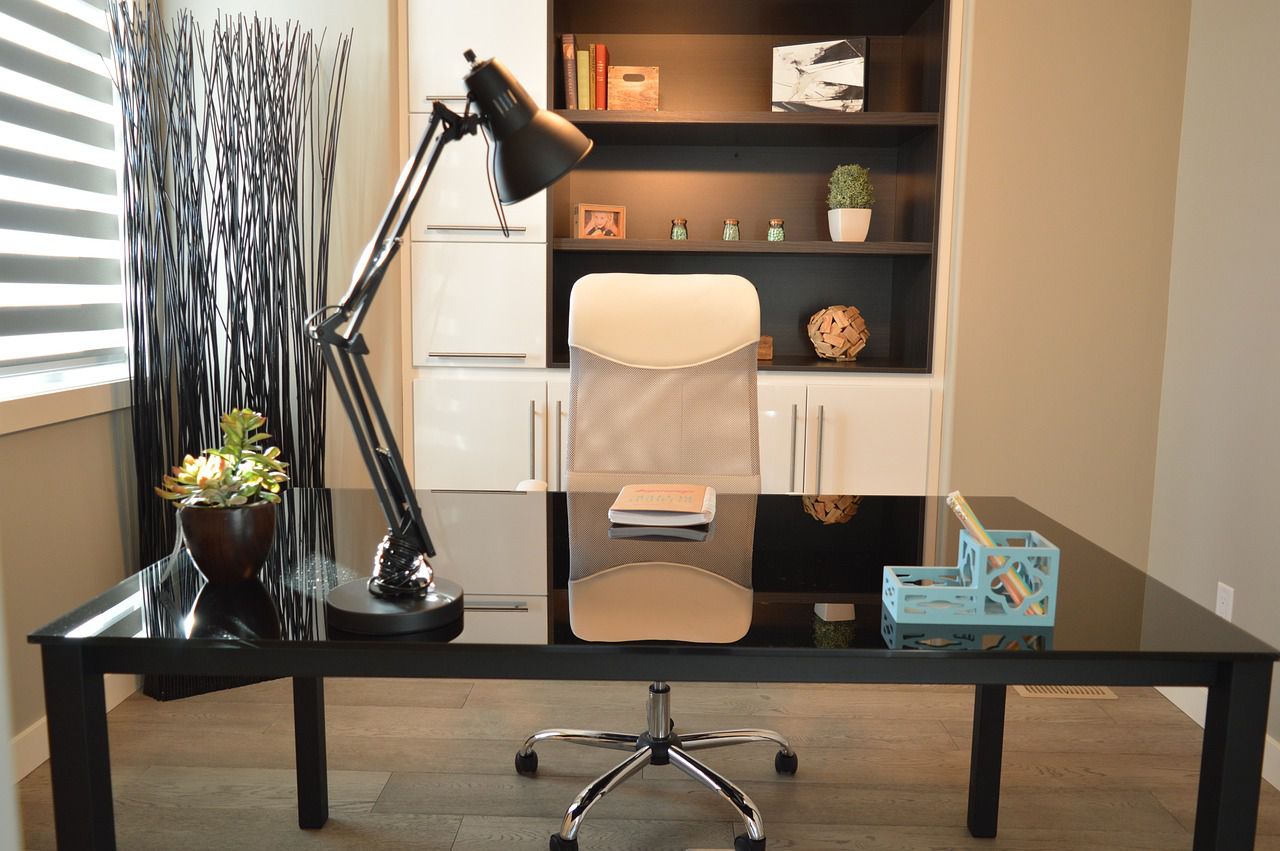How and when transforming furniture appeared: Learn a bit more about interior design history
Nowadays, transforming furniture is pretty useful and popular - you can see it used regularly in Japanese and Chinese interior designs.
But the transforming furniture isn't something new - it was created a long time ago, and this idea has been evolving since then.
Let's find out more!
A bit of history
The concept of transforming furniture has a fascinating history that spans centuries.
It began in ancient civilizations like Egypt, Greece, and China, where folding chairs, collapsible tables, and beds with hidden compartments were crafted to optimize space.

During the Renaissance, Europe saw the rise of innovative designs like the drop-front desk, providing functionality while saving space.
The Industrial Revolution brought advancements in manufacturing, leading to intricate foldable beds and wall beds.
The 20th century
As urbanization grew in the 20th century, transforming furniture gained prominence to accommodate smaller living spaces.
With engineering and material advancements, contemporary transforming furniture offers even more possibilities.
From transforming tables to storage ottomans, these designs cater to modern lifestyles.
Nowadays
Technology and smart features have further enhanced the versatility and user-friendliness of transforming furniture.
Today, the market continues to expand with ingenious mechanisms and sleek designs, reflecting our ongoing quest for space optimization and practicality.
Transforming furniture is a testament to human ingenuity and our desire to make the most of limited space.
